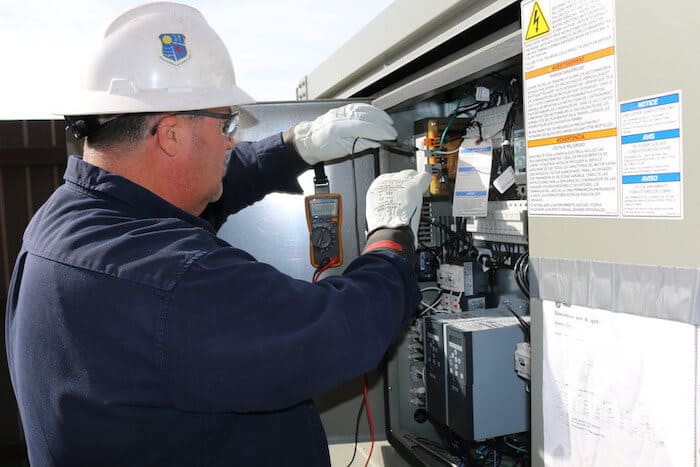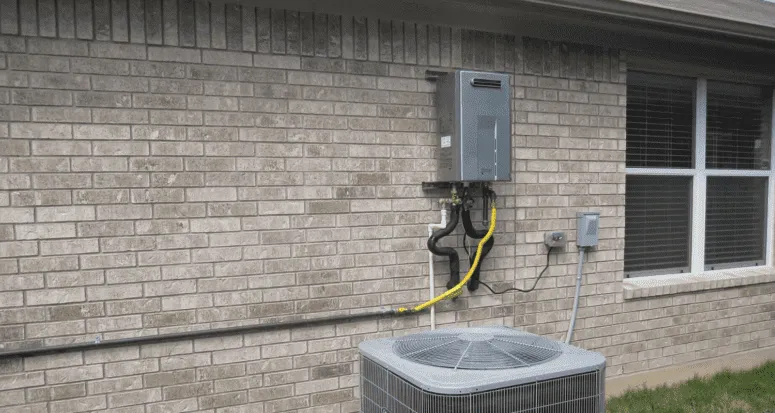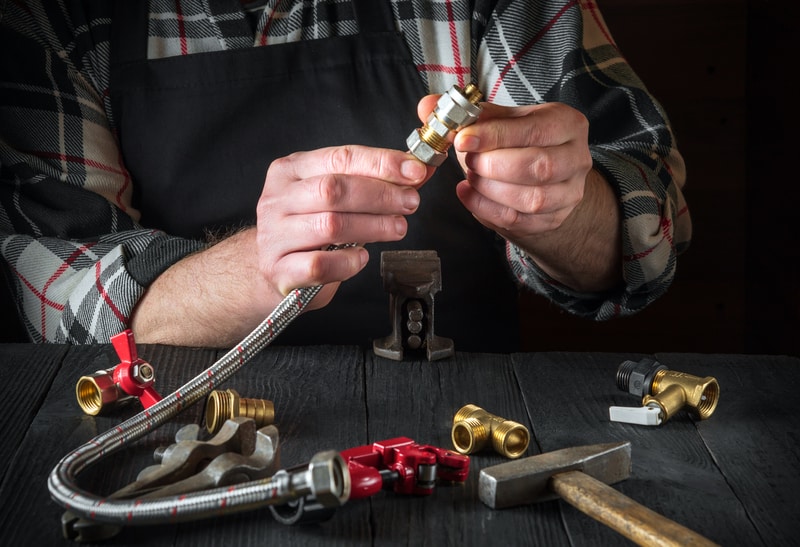Heating maintenance before winter ensures your system runs efficiently, lowers energy bills, and prevents costly breakdowns during cold months. Regular servicing improves comfort, extends system lifespan, and helps you avoid unexpected repairs.
Heating systems are vital for keeping your home warm during the chilly months. Proper maintenance ensures your system works efficiently, saves energy, and keeps repair costs low. Ignoring maintenance can lead to breakdowns, uneven heating, or even safety risks.
Why Heating Maintenance Matters
Heating accounts for nearly 29% of household energy bills, making it one of the most expensive energy uses in a home. A well-maintained system not only reduces energy costs but also ensures consistent comfort throughout the season. By addressing potential issues early, you can prevent unexpected failures during freezing temperatures.
Benefits of Regular Maintenance
- Lower Energy Costs: A properly serviced system operates more efficiently, consuming less fuel.
- Longer Lifespan: Routine care can add 5–10 years to your system’s life.
- Improved Air Quality: Clean filters and vents ensure the air circulating in your home is free from dust and allergens.
- Fewer Breakdowns: Addressing minor issues early avoids costly emergency repairs.
Signs Your Heating System Needs Attention
Knowing when to service your system can save you from discomfort or expensive repairs. Look out for these warning signs:
- Higher Energy Bills: A sudden spike often points to an inefficient system.
- Unusual Noises: Banging, clanking, or hissing could signal mechanical issues.
- Uneven Heating: Cold spots in your home indicate a problem with airflow or calibration.
- Overheating Smells: Burning odors suggest that components may be overheating and need inspection.
Steps to Prepare Your Heating System for Winter
Schedule Professional Maintenance
Hire a certified technician to inspect and service your system annually. A professional can identify and resolve issues that may not be visible to you. Regular inspections also help maintain warranty coverage for newer units.
Replace Filters
Dirty filters restrict airflow and reduce efficiency. Replace:
- 1-inch filters every 3–6 weeks.
- 4-inch filters every 4–6 months.
Clean Ducts and Vents
Ensure that ducts and vents are free of dust and debris. Blocked vents overwork your system, leading to higher energy consumption.
Test the Thermostat
Check if your thermostat is working correctly. An inaccurate thermostat can lead to inconsistent temperatures and increased energy usage.
Understanding Heating Degree Days
Heating Degree Days (HDD) measure how much heating is needed to maintain a comfortable indoor temperature. They compare outdoor temperatures to a baseline of 18°C (64°F).
In 2022, many regions experienced variations in HDD, reflecting fluctuating winter heating demands. Monitoring HDD in your area helps anticipate energy use and ensures your heating system is ready.
Energy-Efficient Upgrades
If your current heating system is old or inefficient, consider upgrading to a modern, energy-efficient model. Options like high-efficiency furnaces and smart thermostats can cut heating costs significantly. Pairing these with proper insulation improves performance and reduces environmental impact.
For tailored solutions, check out our residential heating services.
Heating Solutions for Homes and Businesses
For Residential Properties
Homeowners rely heavily on heating systems during winter. Regular maintenance keeps systems running efficiently and prevents mid-season breakdowns. Learn more about residential heating solutions on our heating page.
For Commercial Properties
Businesses need robust heating systems to maintain comfortable environments for employees and customers. Visit our commercial heating maintenance page for expert services tailored to larger spaces.
Emergency Repairs and Quick Fixes
Despite your best efforts, emergencies can happen. If your system fails unexpectedly, professional help is just a call away. Call us at TEL: [Phone Number] for 24/7 heating repair services. Check out our heating repair page for common furnace repair solutions.
Why You Shouldn’t Wait
Delaying heating maintenance can lead to:
- Higher energy bills from an inefficient system.
- Increased repair costs for unresolved issues.
- Risk of system failure during extreme weather.
Taking proactive steps ensures your system works efficiently when you need it the most.
Explore Related Resources
- Heating Repair Tips for Common Furnace Issues
- How to Save Money on Heating Bills in Washington State
- The Role of Insulation in HVAC Efficiency



